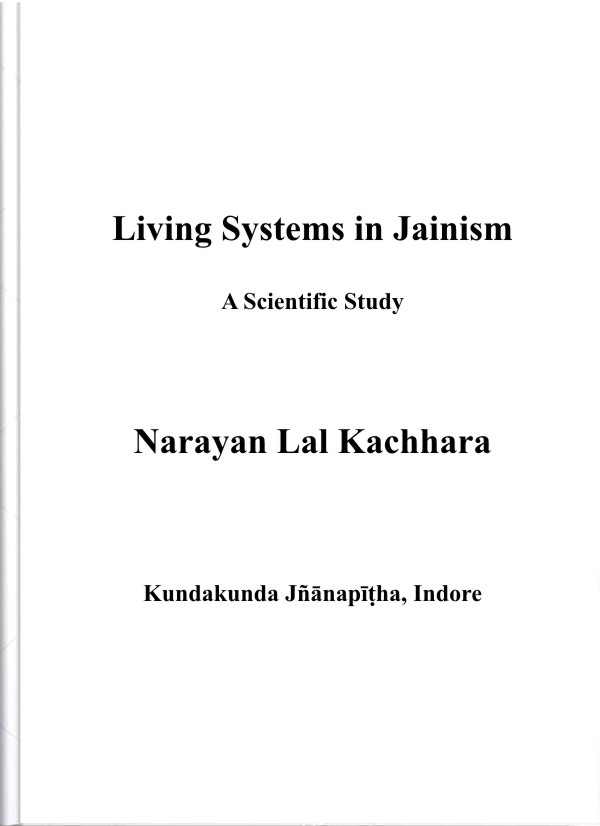Besides the above two types of cognitions involving the mind, there are three other types of direct cognition described in Jain philosophy. Direct cognitions arise from the soul without any external help: the soul apprehends objects that are remote, past, future, tiny, hidden, or otherwise non-cognizable through the senses. It is supernormal. These are manifested according to the partial or total removal of the corresponding obscuring karma.
- Avadhijnana (Clairvoyance). Avadhijnana is the supernormal cognition of material objects. It resembles the clairvoyance and clair-audience (psychic hearing) of modern psychology
- Manahaparyayajnana (Mind-reading). According to Akalanka (7th CE), manahaparyayajnana has three stages: (i) darshana; (ii) cognition of the mind- substance; and (iii) cognition of conceived objects (by inference through mati).
- Kevalajnana (Omniscience). Kevalajnana is attained when the obscuring karmic veil (ghatin type) is totally removed. It knows all objects in their entirety in all qualities and modes. It is the stage of omniscience: perfect knowledge. According to Kundakunda, kevala is natural (svabhava) while the other types are extra-natural (vibhava). Complete truth is found in the jnana of the omniscient only. Incomplete jnana is always mixed with more or less falsity. From the real viewpoint the soul is self-cognizant; it does not cognize anything else. But all objects stand reflected in the soul. The cognition of the soul, therefore, ultimately leads to the cognition of the entire universe.
 Dr. N.L. Kachhara
Dr. N.L. Kachhara
